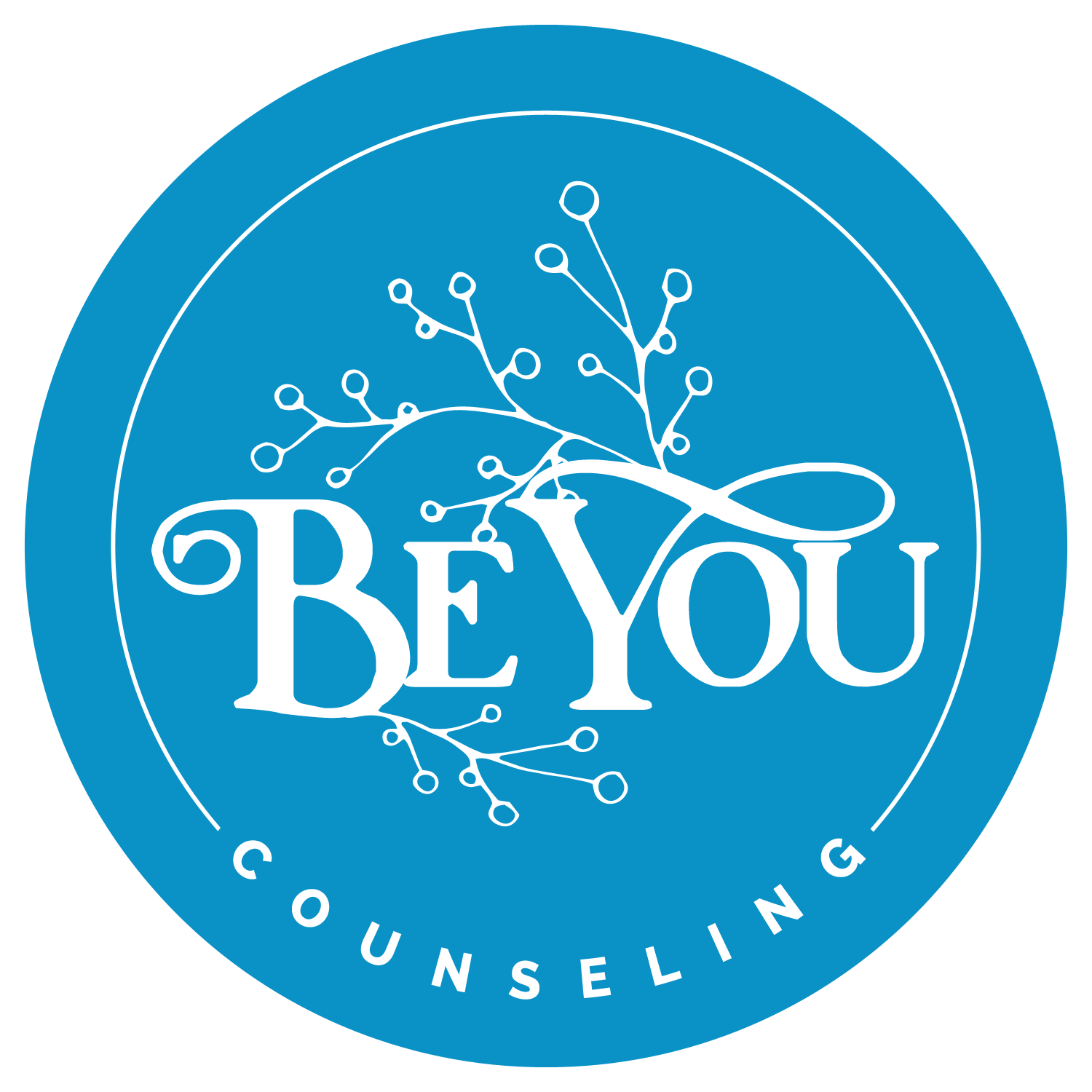Posted by Be You Counseling on February 6, 2020
Most of us don’t think of anger as a positive thing in a relationship. Often, anger is at the root of contentious arguments that could actually end up hurting your connection.
But one of the reasons anger has gotten such a bad reputation is because many people simply don’t do a good job of expressing their anger in effective and productive ways.
No matter how great your relationship might be, you’re going to get angry sometimes. So will your partner. Even if that anger isn’t initially directed at either one of you, you might take it out on each other.
So, how can you actually use expressing anger in a positive way to bring you closer with your partner?
Cool Off Before You Start Talking
When you’re in the heat of the moment, anger can take over the way you express yourself to your partner. That’s usually what leads to the damaging arguments. If you want to express your anger effectively, make sure your emotional state is not in control.
Take a few minutes (or even a few hours) to cool off and calm down before talking to your partner. You might still be upset, but it’s likely you won’t be nearly as fired up as you were before.
Being calmer will give you the opportunity to express how you really feel. But you can do it in a productive way, without attacking your partner.
If you are struggling to cool down, go into another room by yourself, shut the door, and scream into a pillow. If you need to move your body lay on your bed tense your muscles and shake your body. You may feel the need to hit something. Find a soft pillow, bed mattress, or couch cushions and hit them with an open hand. Allow the energy of the feeling to flow through and out of you, which will allow your system to reset. Stored anger can be tolling on your physical, mental, and emotional state.
Releasing anger can be scary and might trigger old feelings in some people. I recommend talking with your partner and/or household members when you are not in an angry state about the possibility of releasing your angry feelings in another room. Make sure you are all in agreement with this form of expression.
Consider: What Are You Really Feeling?
Anger is often a manifestation of a different underlying emotion, which is why anger is considered a secondary emotion.
Core emotions which are masked as anger include:
· Loneliness
· Fear
· Hurt
· Sadness
Think about what you’re really feeling that is causing you to become angry. Are you scared of something going on in your relationship? Did your partner hurt you in some way? Did your partner trigger a feeling that reminds you of another person or event that has happened in your past?
By getting to the root of the issue, you can better recognize what is really making you so upset. This will make it easier to effectively communicate with your partner. That also makes it easier to find a resolution, without an explosive argument.
Think About What You Want to Say
Communication is hugely important in any relationship. But when you’re angry, choosing your words wisely becomes even more important.
It’s easy to let your emotions get the best of you when you’re upset. You may say something you later regret. And you might verbally attack your partner with things you don’t really mean.
Unfortunately, by doing this, you’re only hurting your partner, yourself, and your relationship in the process. Instead of coming at your partner with attacks, use “I” statements to clarify how you feel and why you’re angry.
It’s okay to take some time to organize your thoughts. Think about what you want to say before you say it. Doing so can help you to feel more relaxed. It’s also more likely that you’ll come to some kind of resolution or feel better about the outcome of your conversation.
Practice Patience
Once you’ve given yourself time to think about what you want to say and to cool off a bit, give your partner time to process everything. When you tell them how you feel, don’t expect an immediate response. If you do, you could get a response from them that is just as emotionally-fueled.
Instead, respect them enough to give them some alone time. They’ll appreciate this, and it will make for a much more pleasant conversation when you’re both ready to talk about it.
—
It isn’t easy to think of anger in connection with productive or effective communication. But when you express it correctly, it can absolutely bring you closer together as a couple.
If you’re struggling with anger in your relationship or how to communicate it effectively, please contact me to learn more or to schedule a free consultation. I would like to help. You can also visit my Relationship Counseling Page to learn more.




